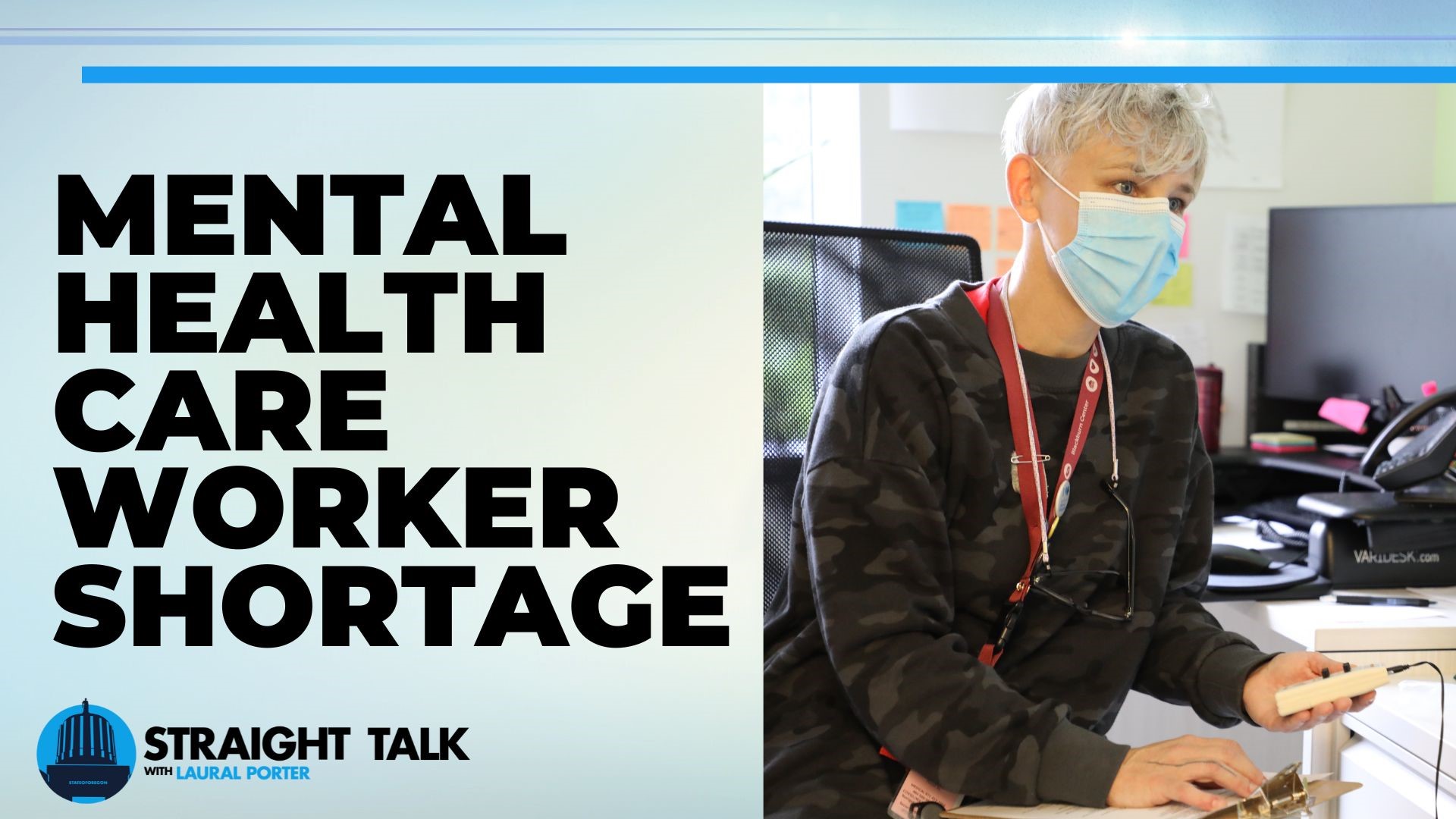PORTLAND, Ore. — The effects of Oregon's mental health care crisis are obvious, and they've made themselves known in big ways in recent weeks: a child pushed onto the MAX tracks; a man attacked, his ear and part of his face bitten off; a vacant church set on fire.
The problems are obvious to anyone who works with the homeless population or in schools. Less obvious are the solutions to the problem — but one of them surely involves addressing the drastic staffing shortage in the mental health care field.
The Alcohol and Drug Policy Commission released a report in September 2022 stating that Oregon is deficient 36,000 behavioral health care workers, covering many roles in the field.
"Folks that need access to those services don't have access," said Dr. Andy Mendenhall, the president and CEO of Central City Concern, which works to meet the needs of homeless people in Portland. "That unfortunately affects hundreds, up to a thousand individuals in our region on a yearly basis."
Many people who do work in the mental health care field report feeling beleaguered and burnt out by the increasing demands of the job, especially in light of the staff shortage.
"The squeeze is definitely on this workforce," said Stacy Chamberlain, the executive director of public employees' union Oregon AFSCME. "This is mentally challenging work. And they're burnt out. They're putting in extra hours, a lot of mandatory overtime just to get it done, and they're leaving the industry."
A major problem behind the staffing shortage is that the work doesn't pay well, Chamberlain said, explaining that a mental health care worker, many who may need an expensive advanced degree, might only earn around $40,000 a year depending on their job — not nearly enough to pay for housing, student loans, and childcare, especially in high cost-of-living areas like Portland.
"They can't get ahead," Chamberlain added. "In fact, a lot of folks in Oregon specifically are getting behind."
Oregon's newly-elected Bureau of Labor and Industries Commissioner, Christina Stephenson, is advocating for more apprenticeship programs, rather than traditional internships, to fill the necessary roles in the behavioral health care field.
"The apprenticeship model, it's such a beautiful model because you earn while you learn," she said. "You have employers and workers coming together to develop curriculum that's actually based on the skills needed. We see this as a really effective way to diversify the workforce."
Other potential solutions being floated: providing monetary incentives for health care workers, including student loan repayment and subsidies for housing and childcare; providing pathways for people with criminal records to join the field and use their lived experience to give back; and licensing parity, to make it easier for people coming from out of state to join the field. Commissioner Stephenson said there are opportunities for the Oregon legislature to support an overhaul of the worker pipeline.
Straight Talk airs Friday at 7pm, Saturday and Sunday at 6:30pm. Straight Talk is also available as a podcast.

